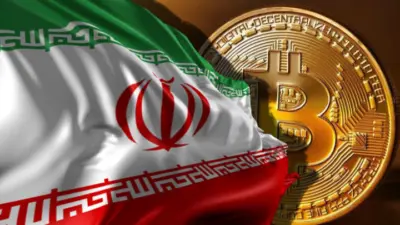Hong Kong’s new Stablecoins Bill mandates licensing for issuers and marketers under HKMA, with strict compliance rules including reserve assets and capital requirements.
A measure that establishes a comprehensive framework for stablecoin issuers and marketers is currently being implemented in Hong Kong.
Stablecoin issuers and marketers are required to obtain licenses from the Hong Kong Monetary Authority (HKMA) under the proposed framework. The rule is applicable to all stablecoins, including those that are pegged to the Hong Kong dollar, and issuers are obligated to maintain reserve assets in local institutions. HKMA may also permit foreign custody under specific circumstances.
A minimum paid-up capital requirement of HK$25 million, as well as evidence of resilient financial health, sufficient liquidity, and risk management frameworks, will be implemented as new compliance measures. Stablecoins are explicitly prohibited from being misrepresented or falsely promoted.
Additionally, the HKMA has increased its authority to supervise, investigate, and enforce compliance.
On December 18, the Legislative Council will receive the Stablecoins Bill for its initial reading.
Hong Kong Plans on Regulations
“The legislative proposal is essential for Hong Kong in fulfilling our obligations as a member of the Financial Stability Board,” Christopher Hui Ching-yu, Secretary for Financial Services and the Treasury, said in a statement.
“This risk-based proposal aims to promote a robust regulatory environment, which is in line with Hong Kong’s approach to virtual-asset development.”
The measure of Hong Kong establishes it as an early adopter, in addition to the European Union and Japan. Circle, the creator of the USD Coin (USDC) and Euro Coin (EURC) stablecoins, became the first global stablecoin issuer to comply with the European Union’s Markets in Crypto-Assets (MiCA) regulatory framework in July.
In June, the Japanese parliament passed a law that acknowledged stablecoins as a form of digital currency. Stablecoins are required to be linked to the yen and guarantee that holders can redeem each token at its full face value in accordance with the legislation.
In an effort to establish itself as a regional center that is crypto-friendly, Hong Kong has made substantial progress. In an effort to fortify its status as a prominent regional crypto center, Hong Kong recently proposed the elimination of crypto taxes for affluent individuals.
The tax exemption would be applicable to private equity funds, hedge funds, and the investment vehicles of affluent individuals on cryptocurrency gains, private credit investments, and other asset classes, according to a 20-page proposal from the government.



